The Little Drummer Girl (BBC1, Sunday) is the new John le Carré adaptation from the production company that brought us The Night Manager. It’s also directed by Park Chan-wook from South Korea, a man generally referred to by film buffs as an ‘auteur’.
All of which may be just as well, because with a less distinguished pedigree, the first episode might possibly have seemed a bit corny. The opening section, for example, featured the impeccably complicated delivery of a Palestinian bomb to the Bonn residence of a Jewish attaché in 1979, and would, I’m fairly sure, have proved exciting enough without being cunningly overlaid by a series of loudly ticking clocks.
I’d also suggest that the terrorists — for all their bombing ingenuity — might want to rethink their safe-house policy: maybe to the point of not leaving their windows wide open so they could be spied on and photographed at will by the Israeli secret services. (Or, failing that, they might keep an eye out for blokes with binoculars and cameras in the equally open window over the road.)
The Israeli team is led by Martin Kurtz (Michael Shannon), whose handy way with an aphorism doesn’t do much to banish the prevailing staginess. Before long, he’d decided that, rather than simply taking out the baddies, he’ll infiltrate their cell with a westerner — on the unimpeachable grounds that ‘To catch a lion, a toy goat won’t work’.
So how would he recruit his new spy? A discreet invitation to an unmarked building somewhere? An ‘accidental’ meeting in a park? Well, no. Instead, he opted to find a left-wing London theatre group, identify a young actress called Charlie (Florence Pugh) as the desired agent, anonymously fund a trip to Naxos for the entire troupe and send in a hunky mystery man (Alexander Skarsgard) to invite her to Athens. All that remained then was to hire the Acropolis for a night so that the mystery man could romance her properly, before driving her at terrifyingly high speed (for some reason) to a house where he himself was waiting with the line: ‘Welcome, Charlie. I am the producer, writer and director of our little show. And I would like to talk to you about your part.’
I can’t deny that I quite enjoyed Sunday’s episode. Park’s auteurism is evident in every perfectly framed shot. The 1970s atmosphere is nicely done, conjuring up an era that was both a lot browner and lot less uptight than our own. The plot is pretty intriguing too, especially the question of what it is about Charlie — a pleasant but so far unremarkable woman — that makes her worthy of such a baroque recruitment process. Nonetheless, after the programme ended, there was still a feeling that perhaps she wasn’t the only one who’d just been taken for an elaborate ride.
In a recent interview, Julia Davis wondered whether people would keep asking her why her comedy is so dark if she were a man. The answer is, of course, ‘yes’ — because the genuinely horrible has been the unignorable hallmark of her work ever since 2004’s Nighty Night, in which she played a seductive sociopath of the kind that Killing Eve’s Villanelle might have considered a little heartless.
In Sally4Ever (Sky Atlantic, Thursday) she does it again, only this time the sociopath is a lesbian, and the result impressively manages to be her darkest show yet, as if she and her audience are locked together in an often alarming game of How Far Can You Go?
Last week’s opening episode began with Sally (Catherine Shepherd) reluctantly accepting a tearful marriage proposal from her middle-aged boyfriend David. (Male neediness is another longstanding Davis theme.) He then got sexually excited at the thought of her in his mother’s old wedding dress — and, while she was able to turn down his offer to watch him masturbate, we weren’t so lucky.
But that was before Davis’s Emma came along in full amoral seductress mode, culminating in a memorable sex scene (however much you might have wanted to forget it) which, among other things, saw her orally removing Sally’s blood-stained tampon.
Now Emma has moved into Sally’s house — actually David’s, but he’s been kicked out — and decorated the front room with a naked picture of herself. In her quest for more lives to casually destroy, she’s also turned to Sally and David’s respective parents.
In theory, Davis’s utter fearlessness is to be applauded. In practice, it still is — particularly as the brilliantly repellent action is accompanied by brilliantly repellent one-liners. (‘Having the colostomy was the best thing I ever did,’ remarked Sally’s wheelchair-bound colleague on Thursday. ‘I never liked going to the toilet.’) Even so, after 30 minutes of this stuff, you might find yourself experiencing a strange urge to watch something like, say, Last of the Summer Wine.
Got something to add? Join the discussion and comment below.
Get 10 issues for just $10
Subscribe to The Spectator Australia today for the next 10 magazine issues, plus full online access, for just $10.
You might disagree with half of it, but you’ll enjoy reading all of it. Try your first month for free, then just $2 a week for the remainder of your first year.

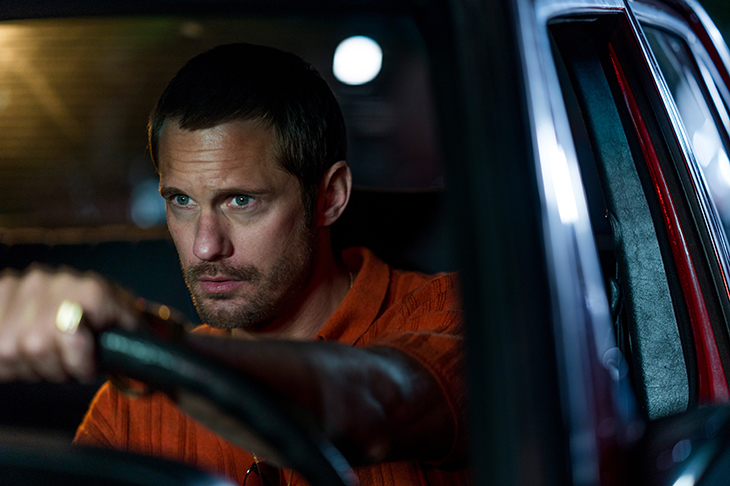
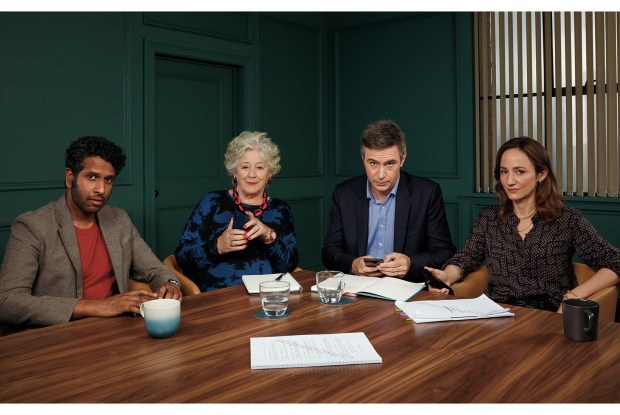

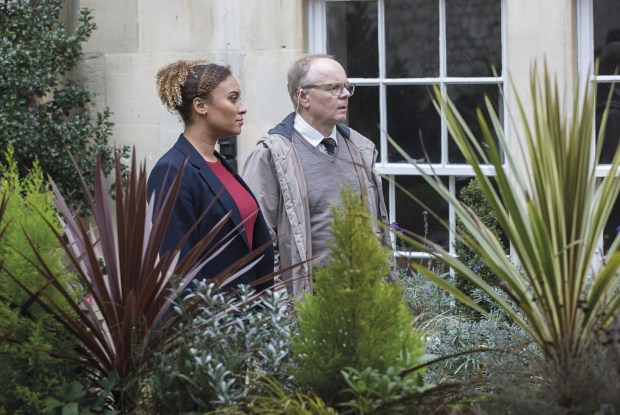
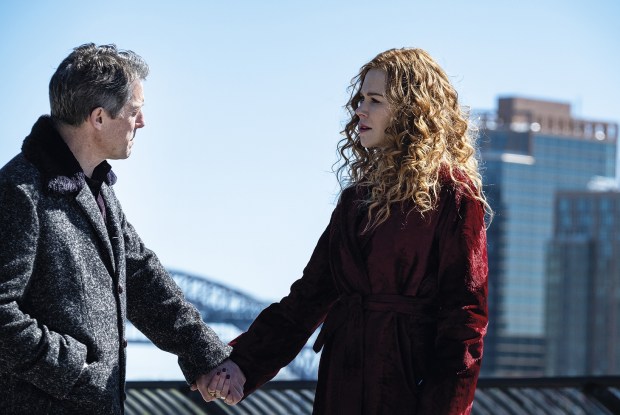
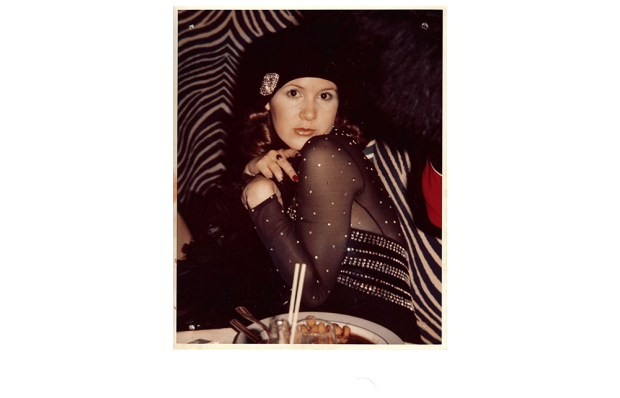







Comments
Don't miss out
Join the conversation with other Spectator Australia readers. Subscribe to leave a comment.
SUBSCRIBEAlready a subscriber? Log in